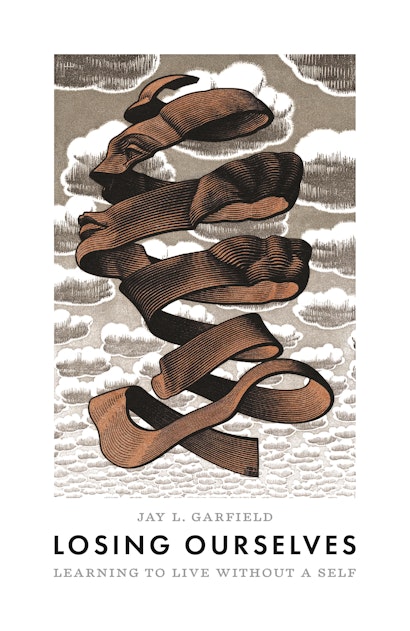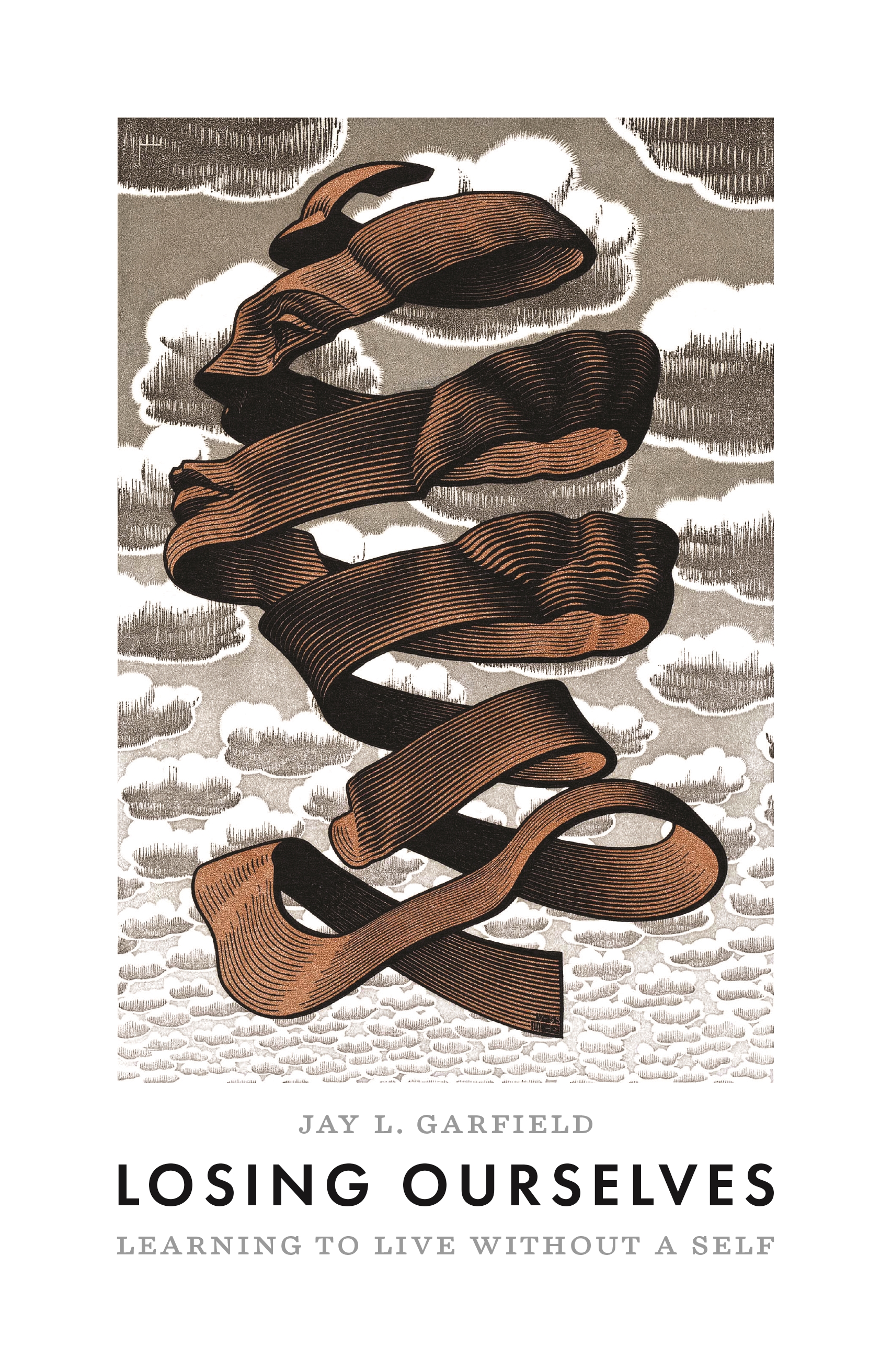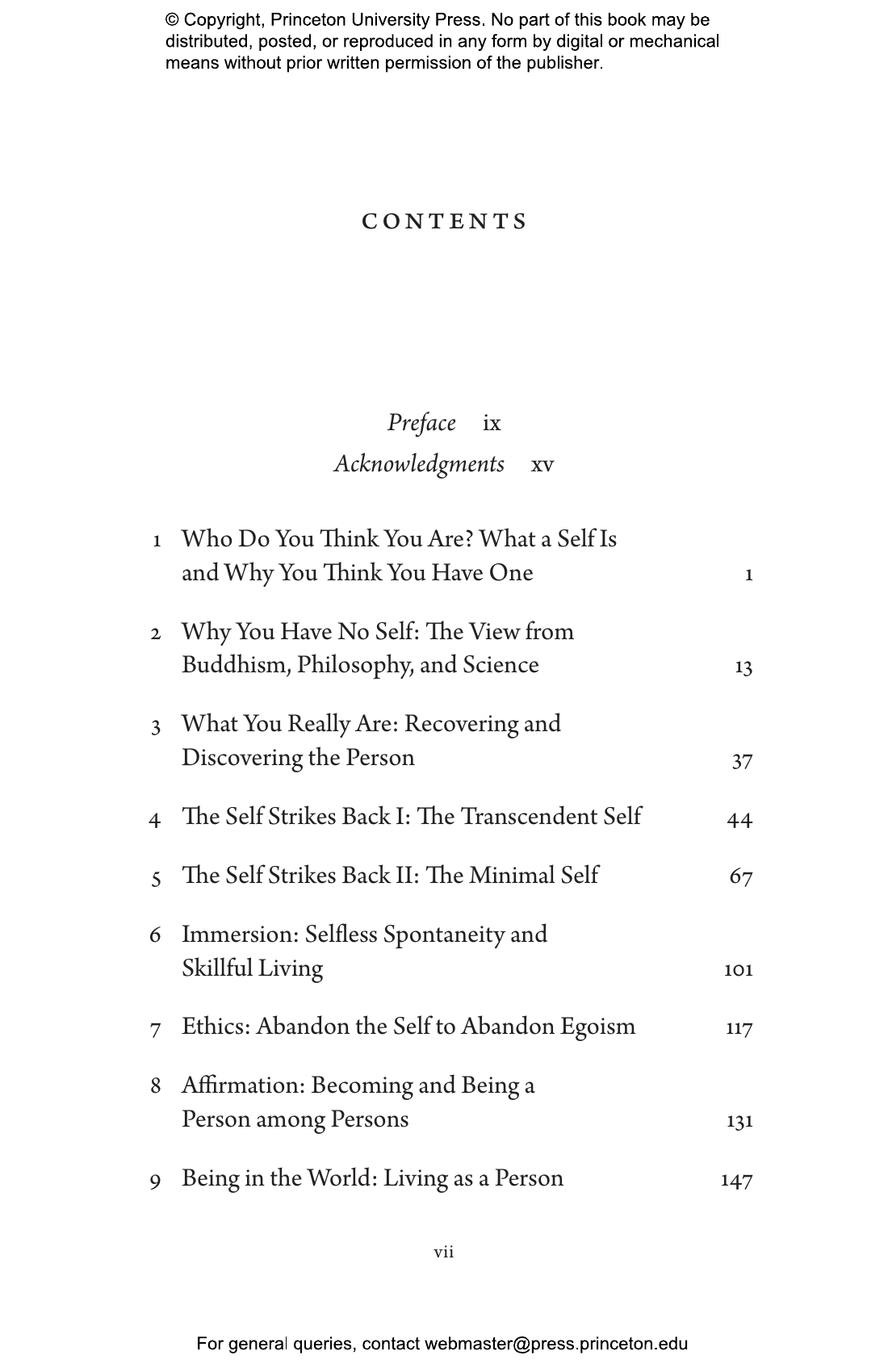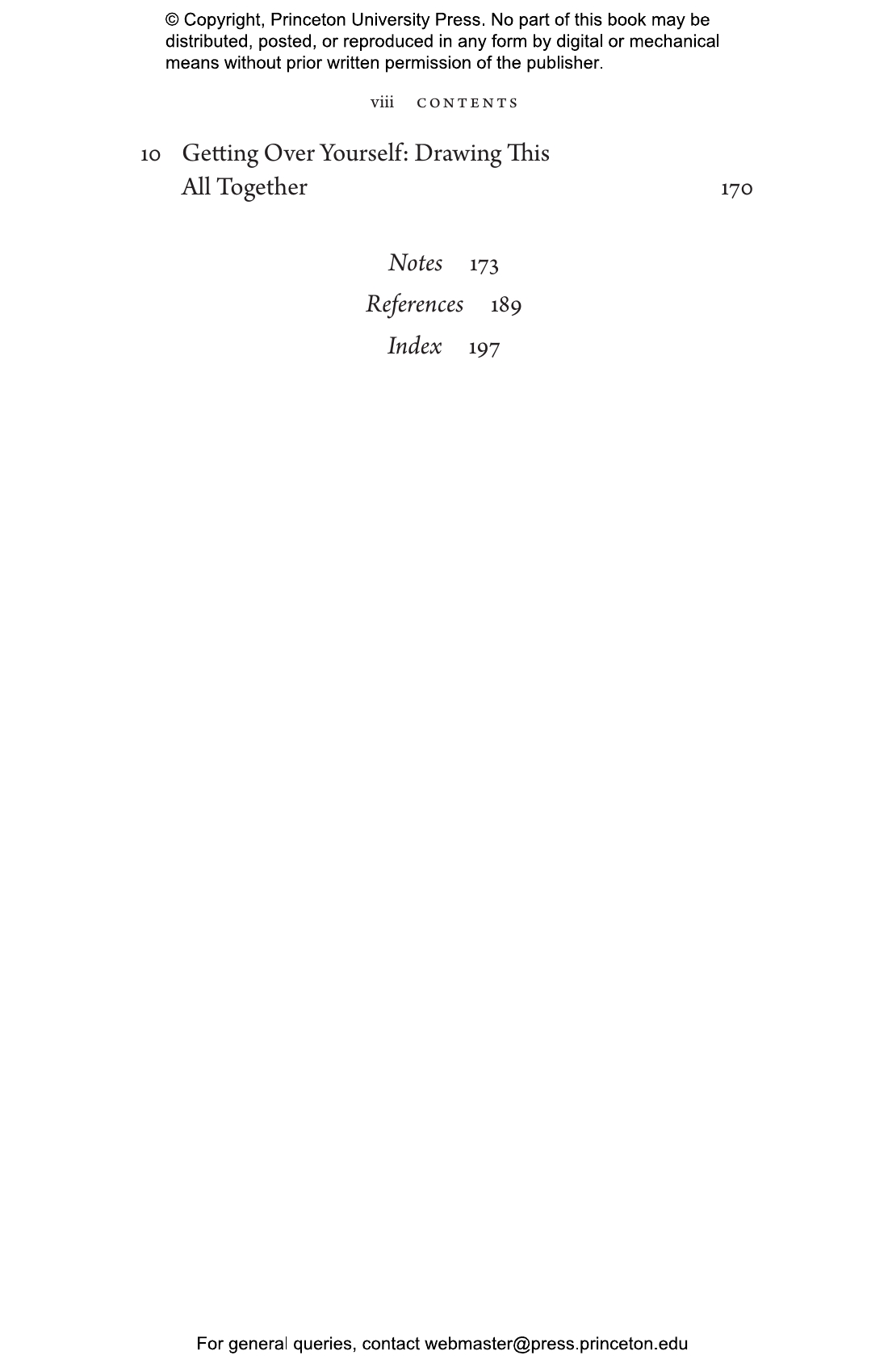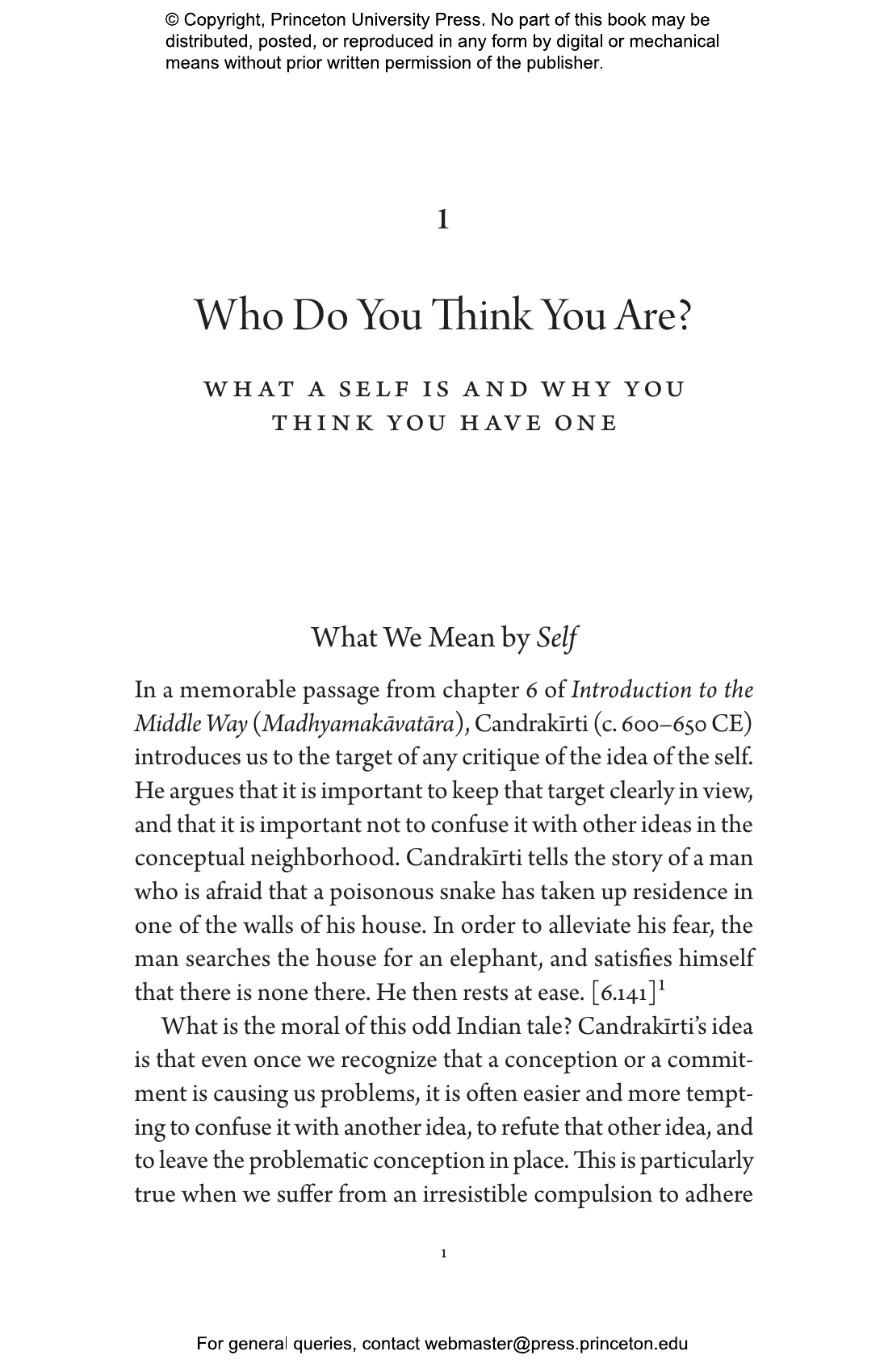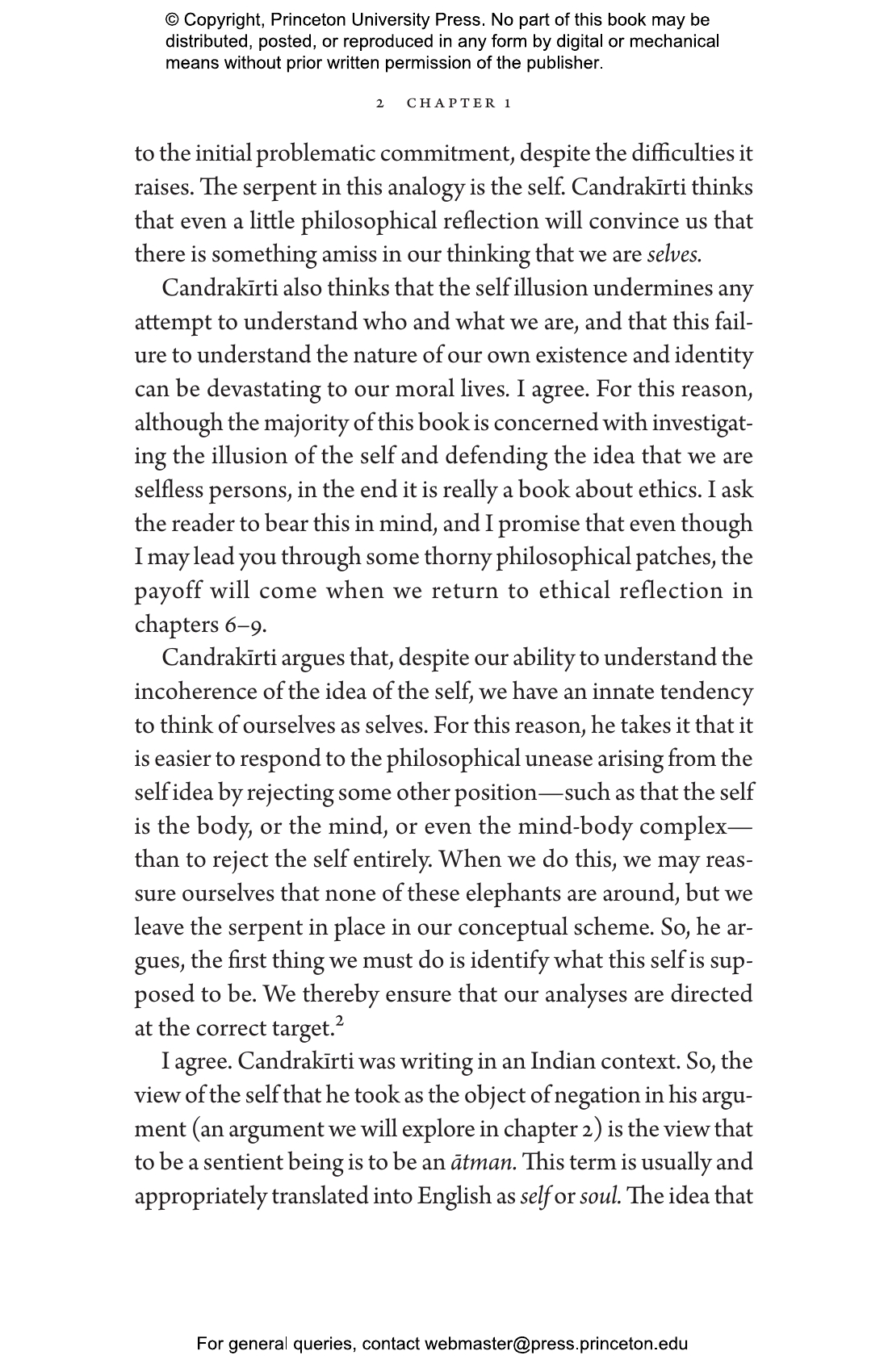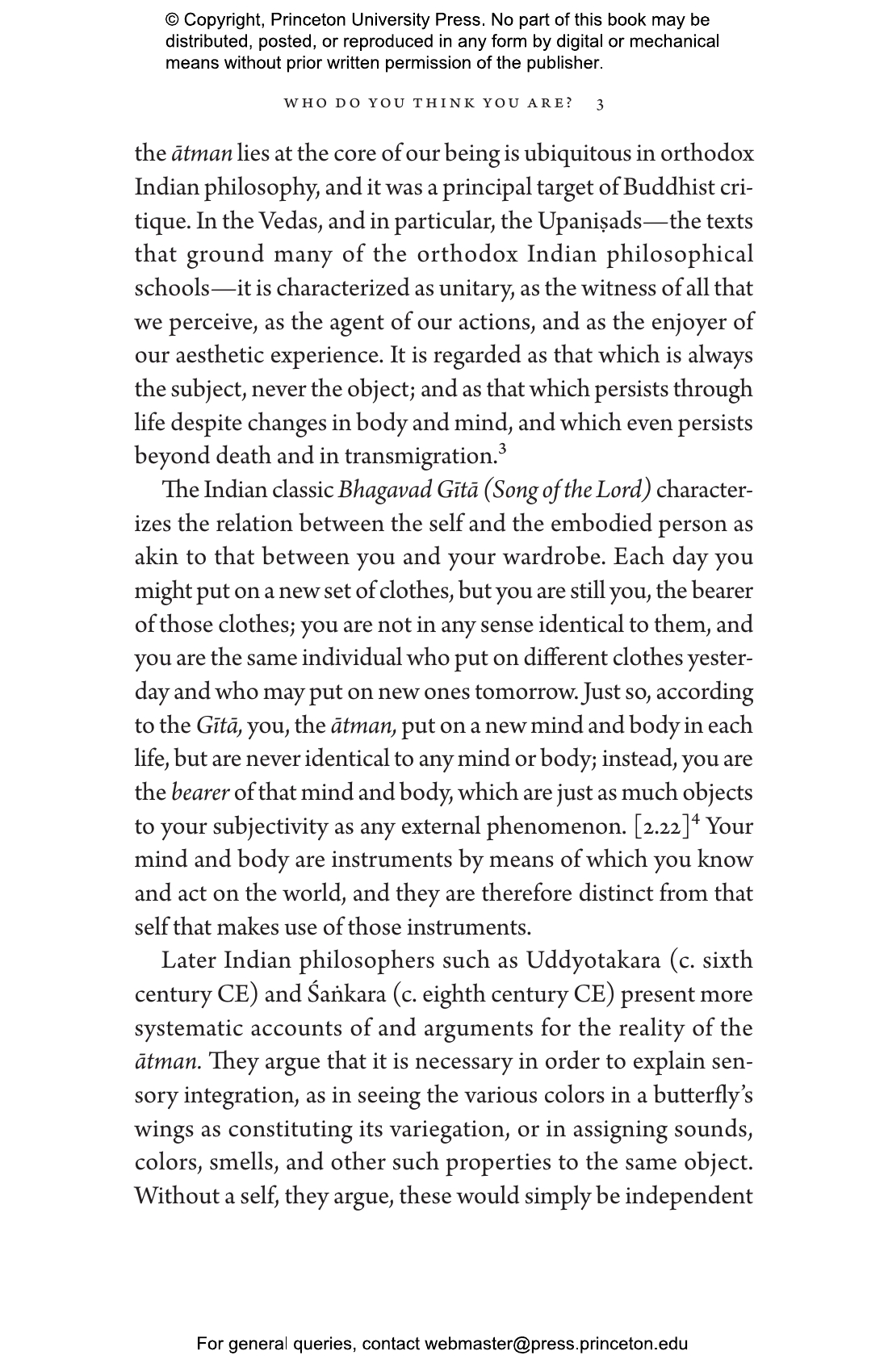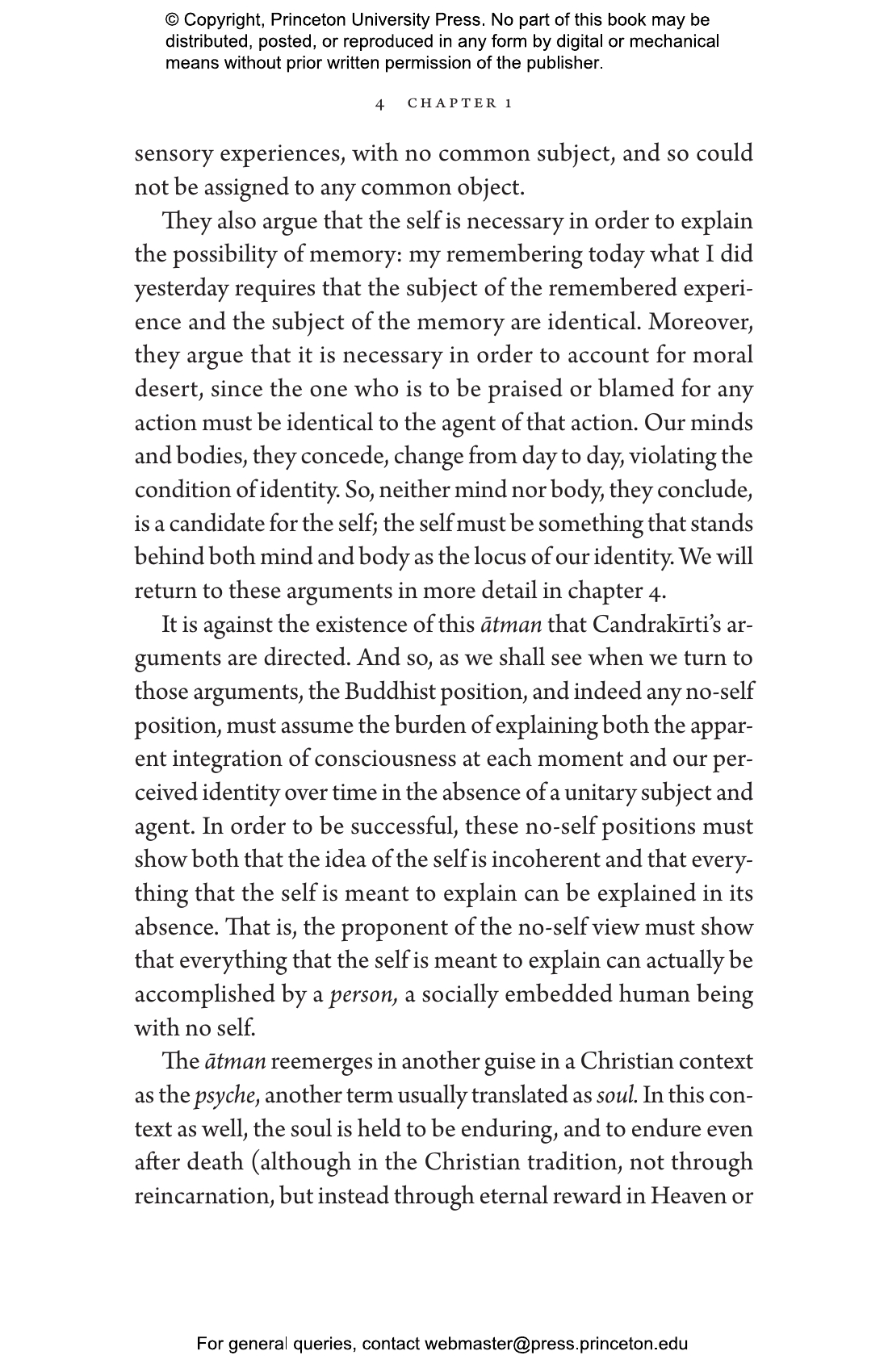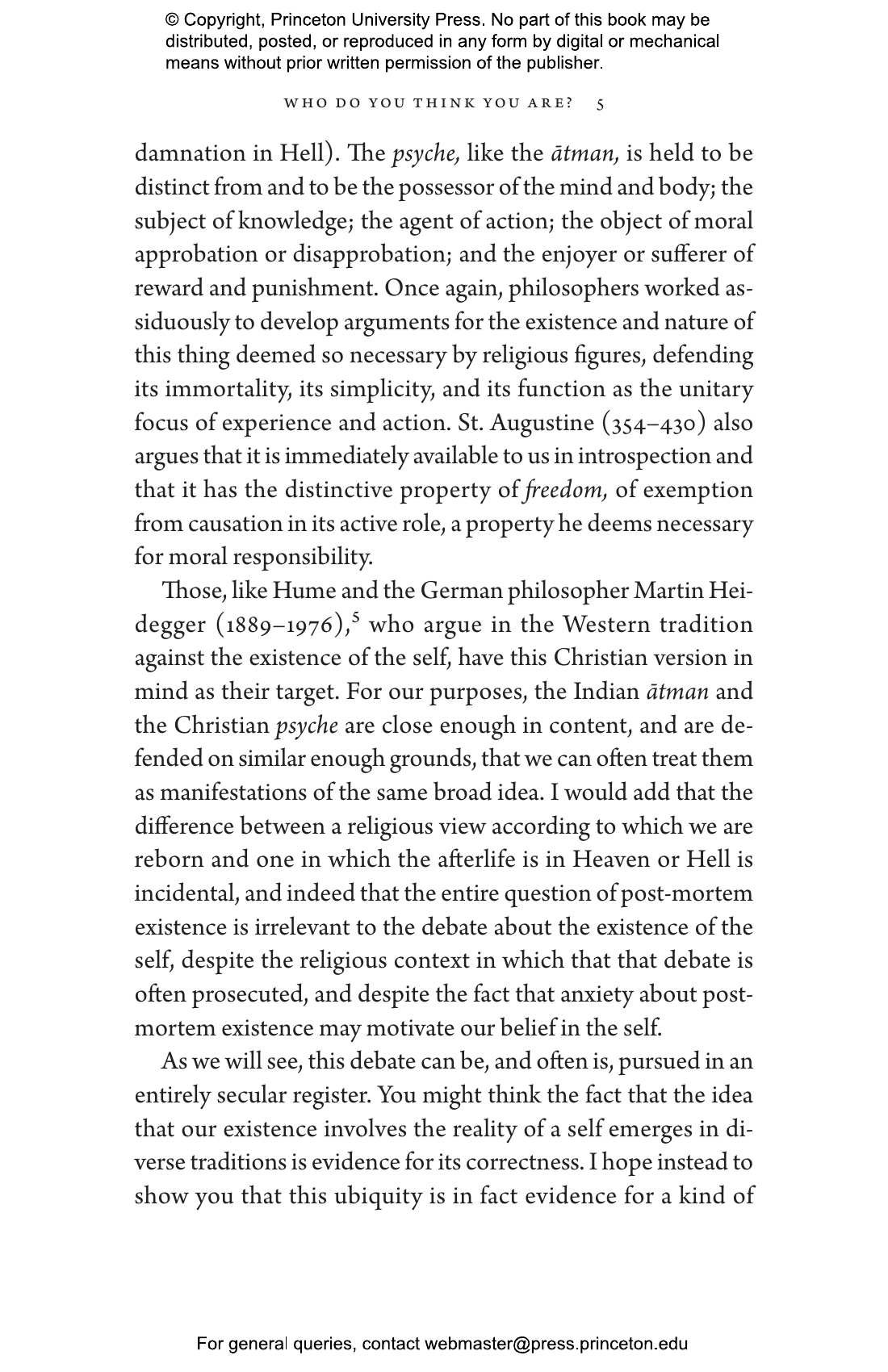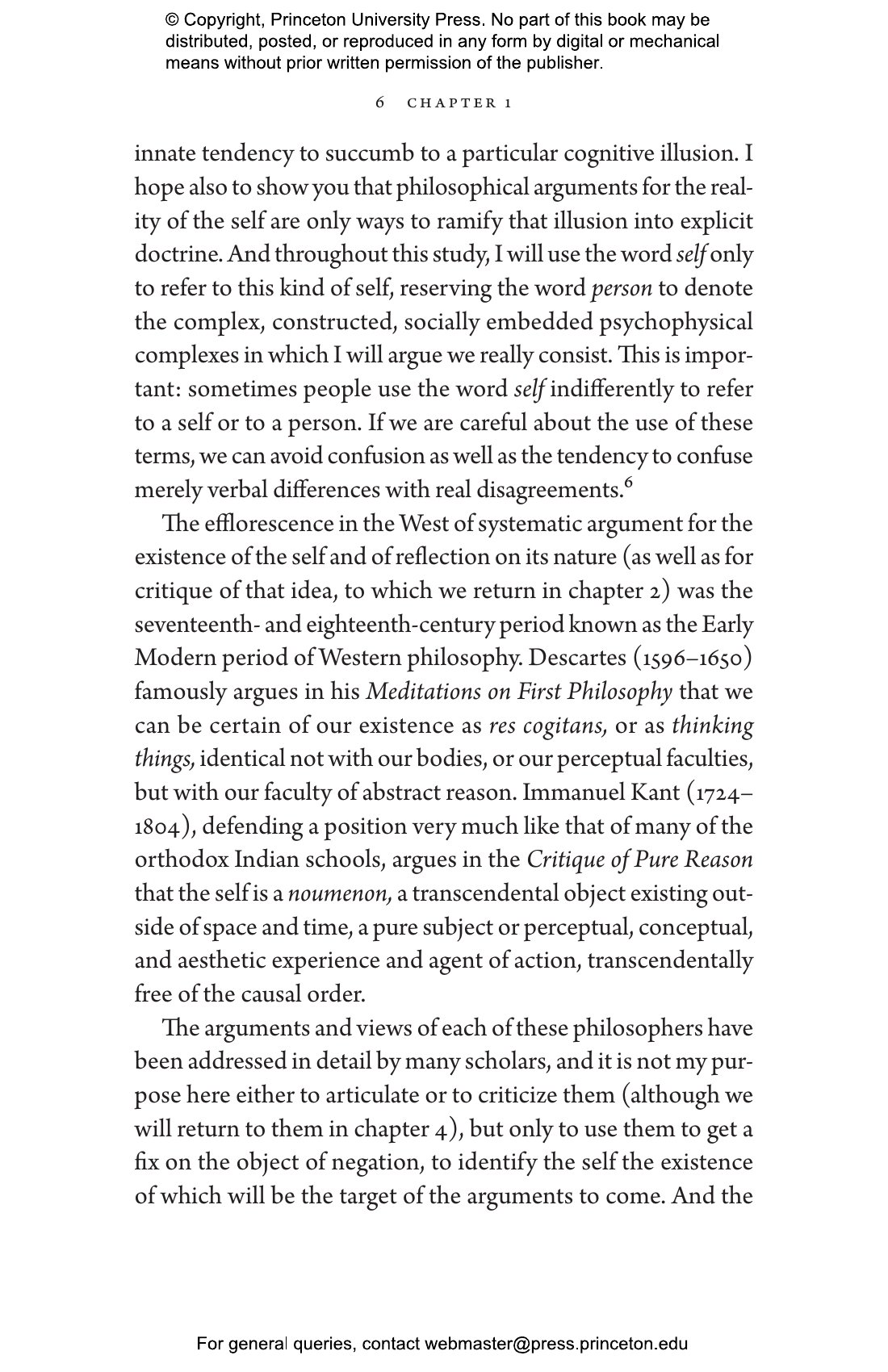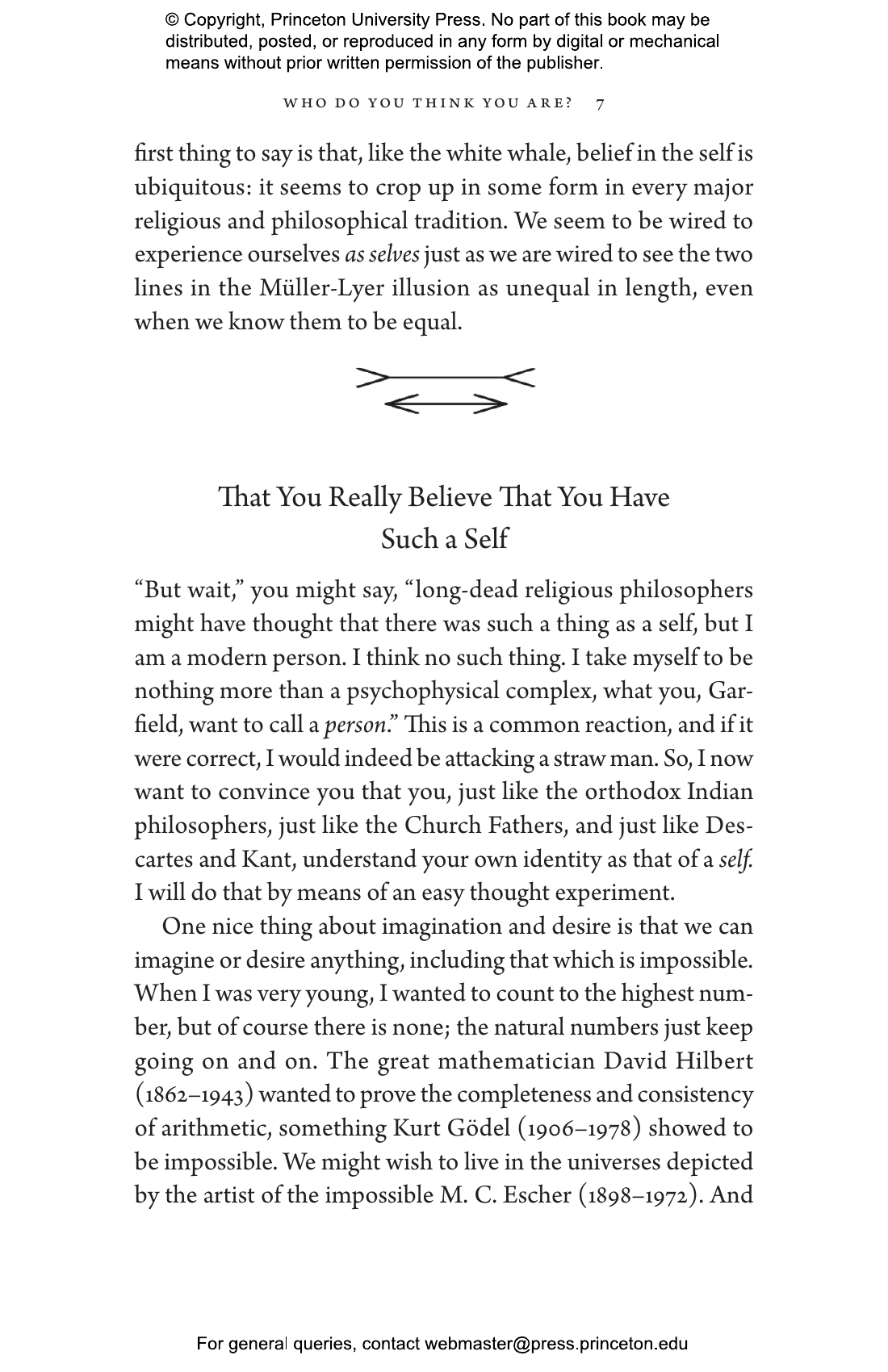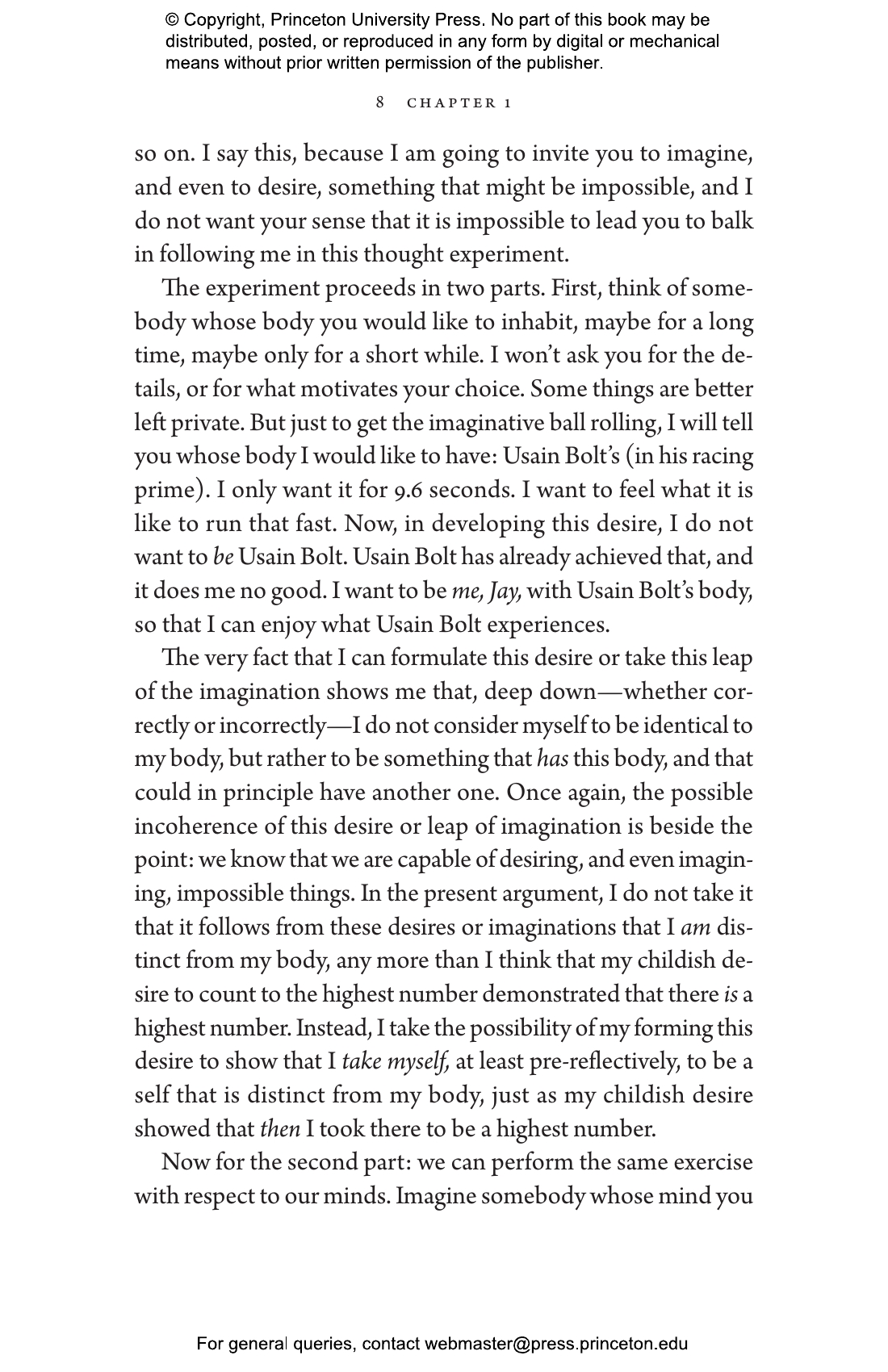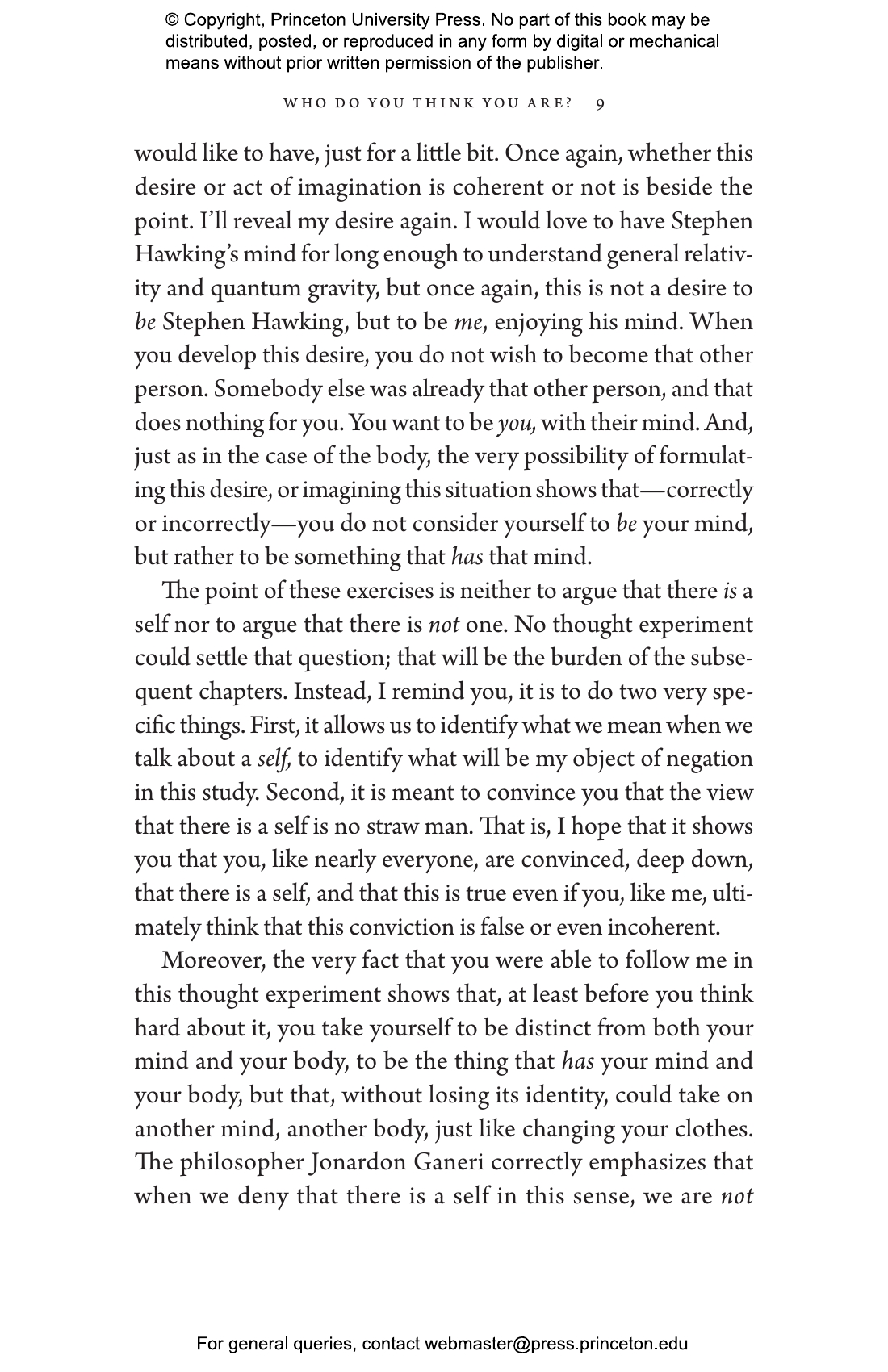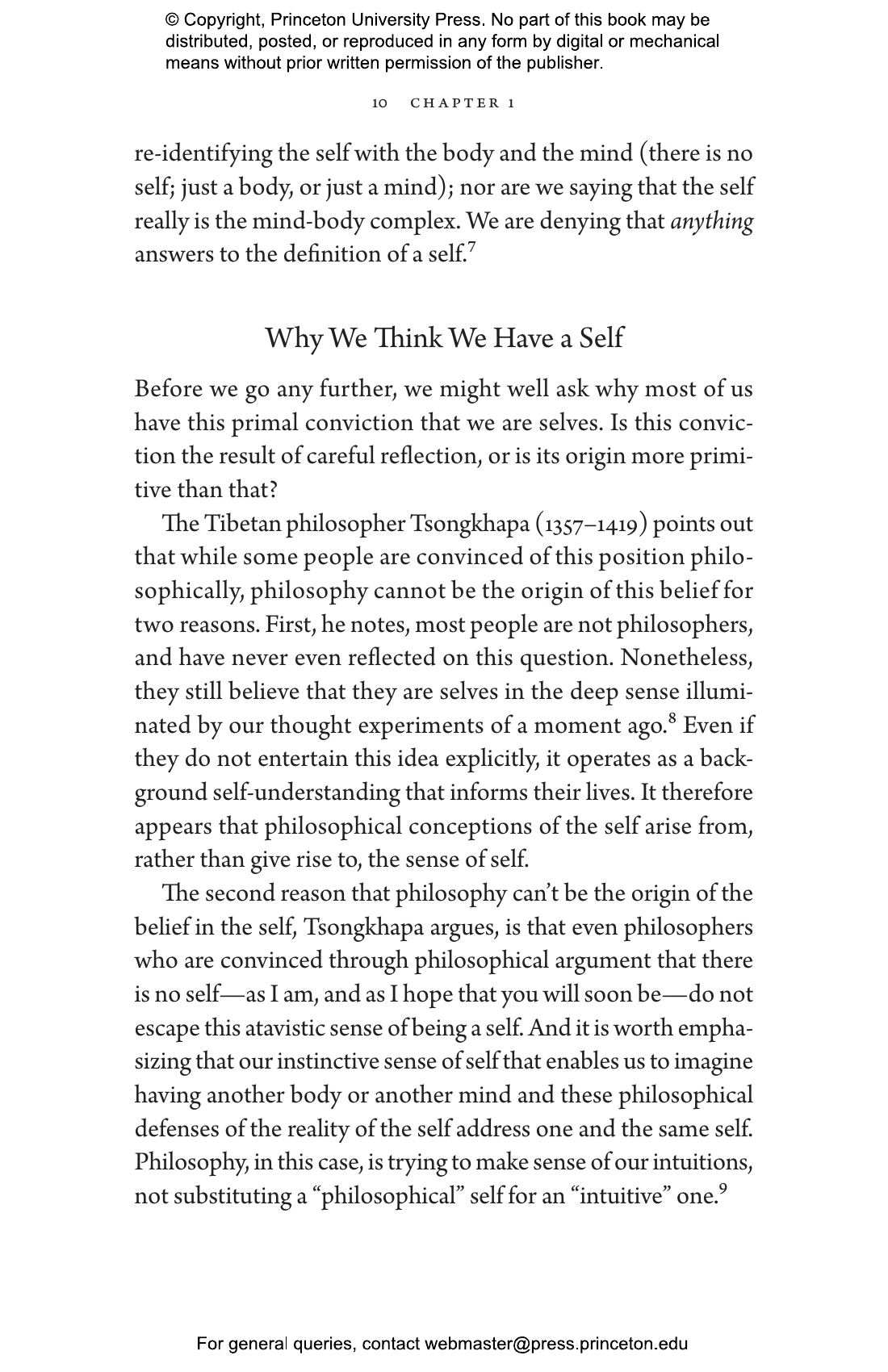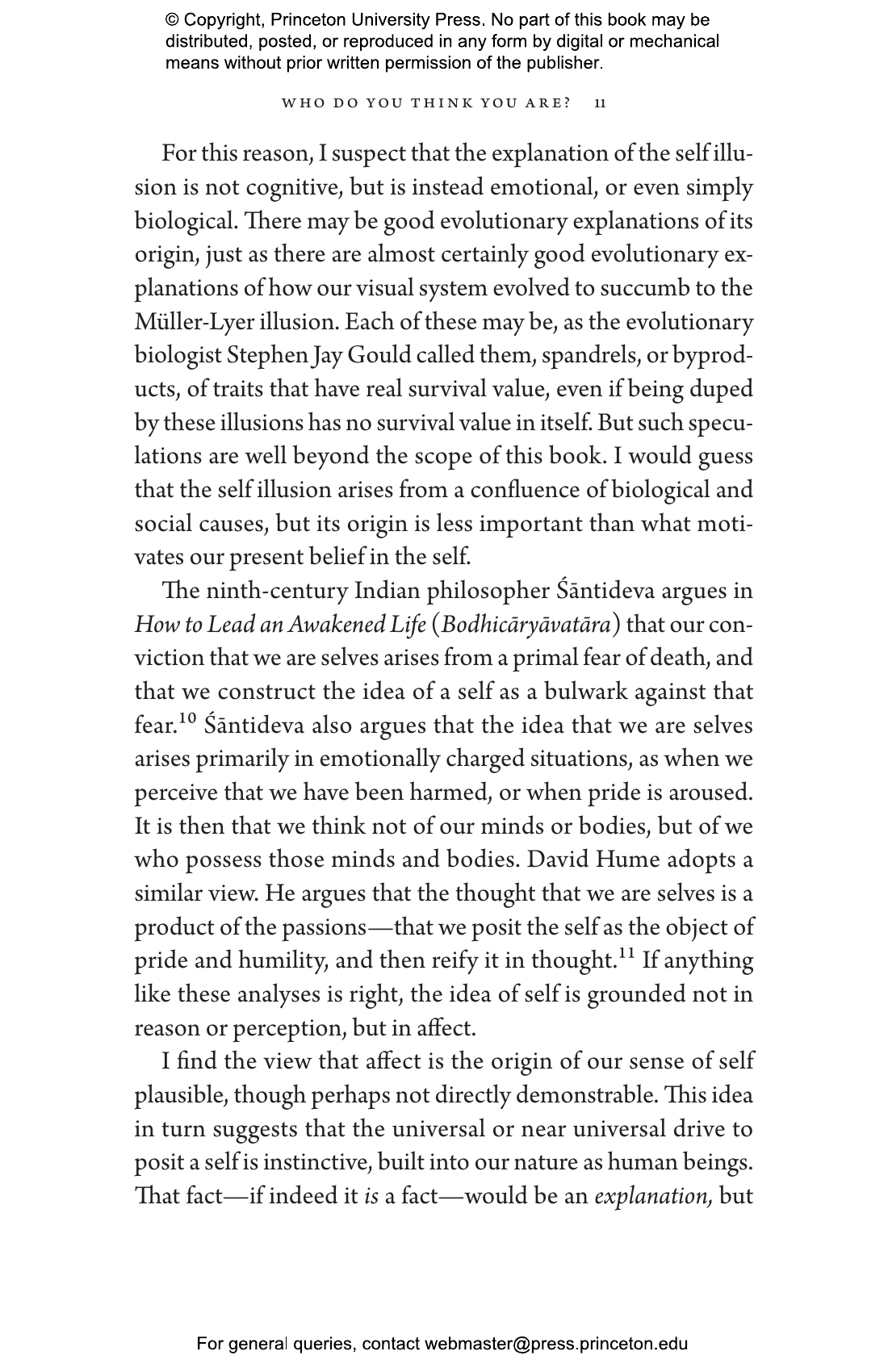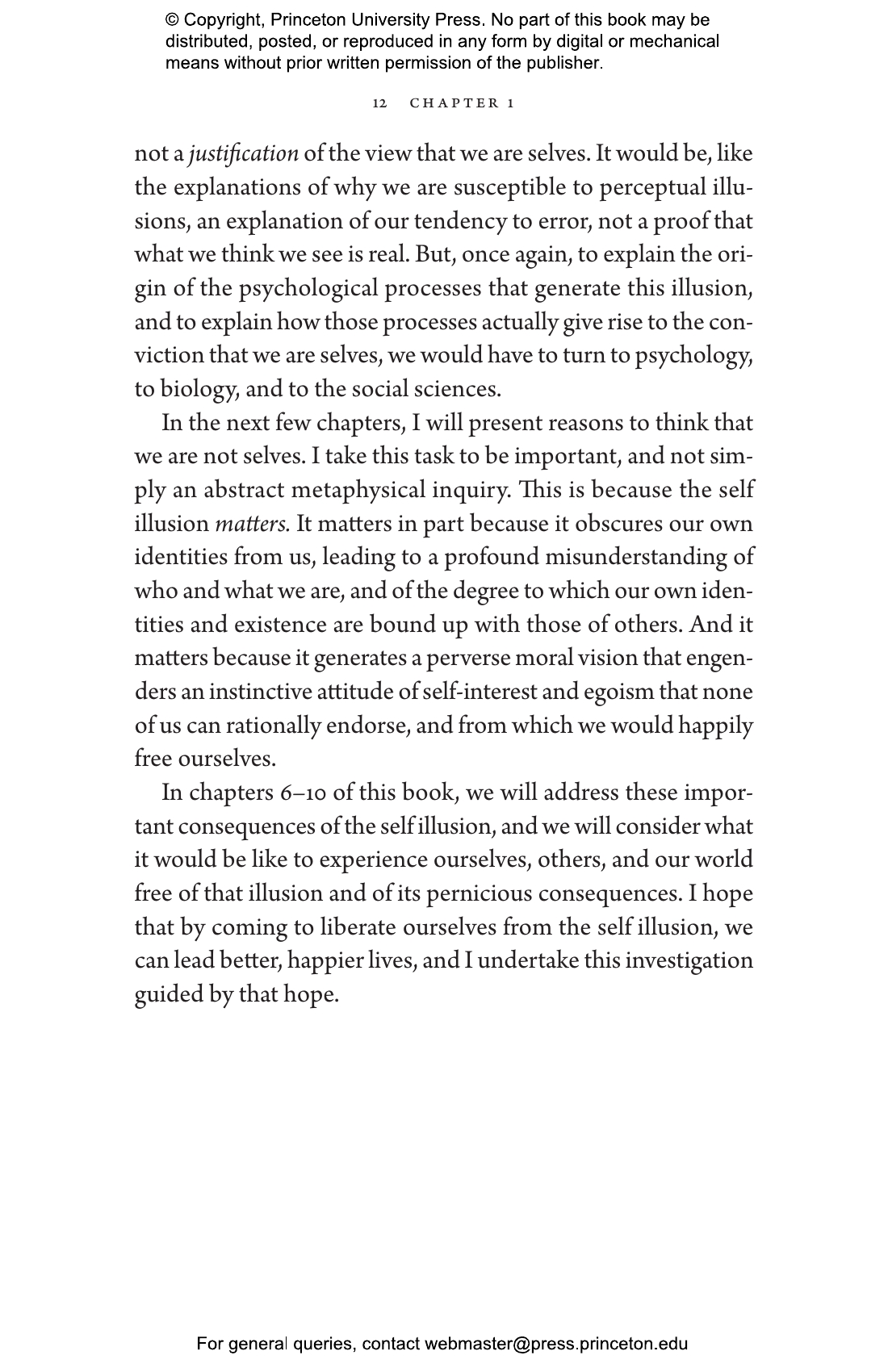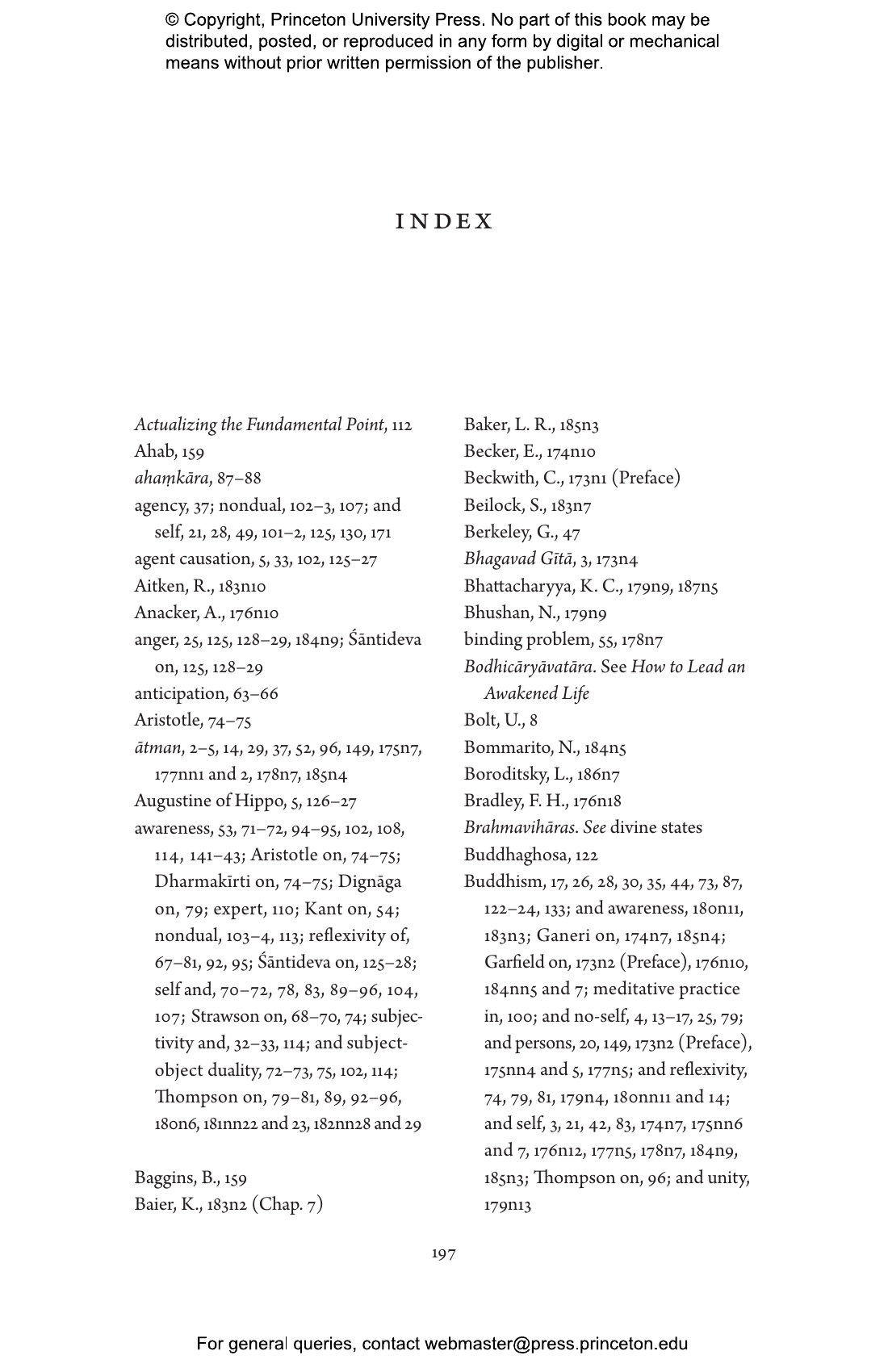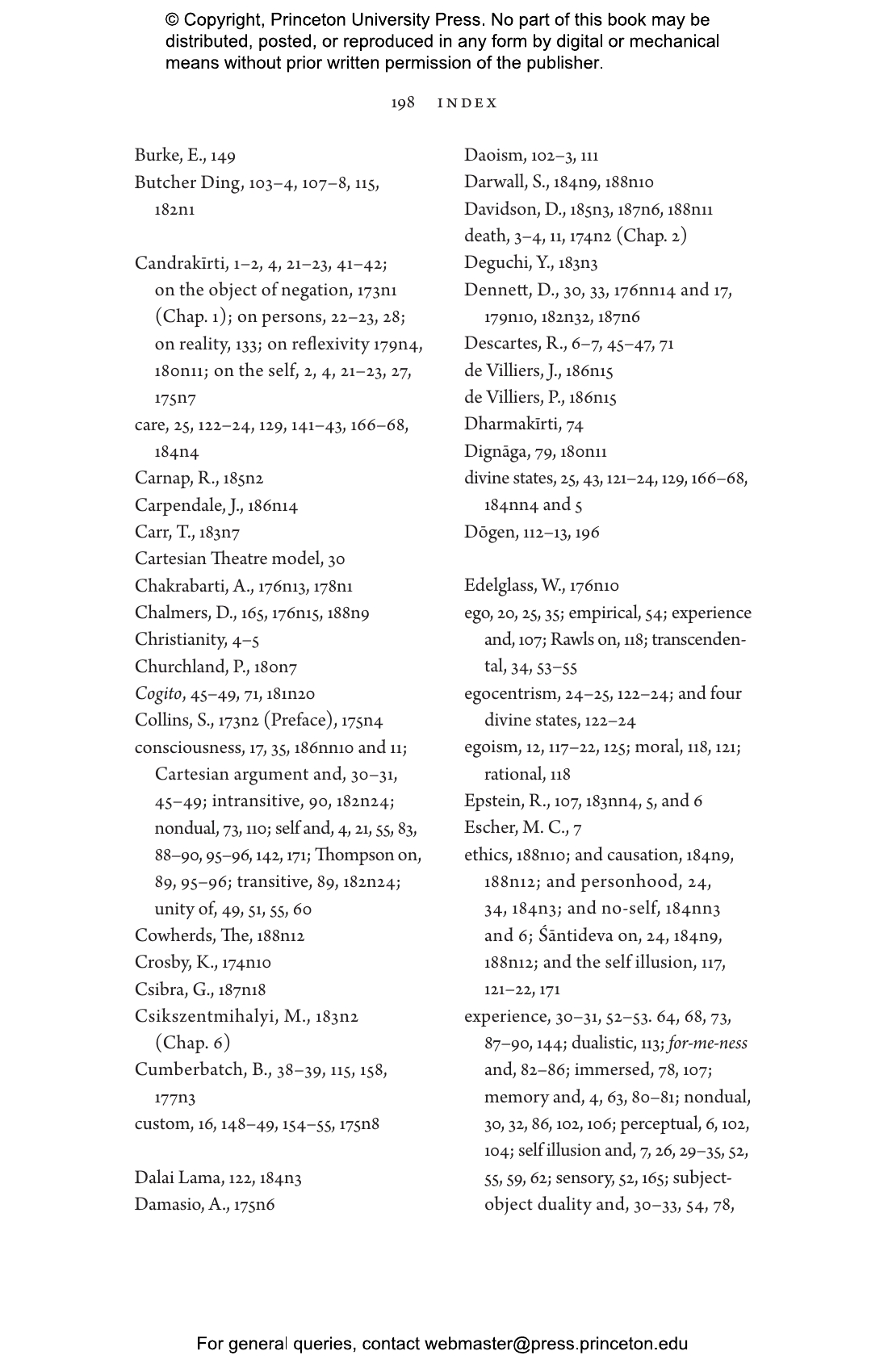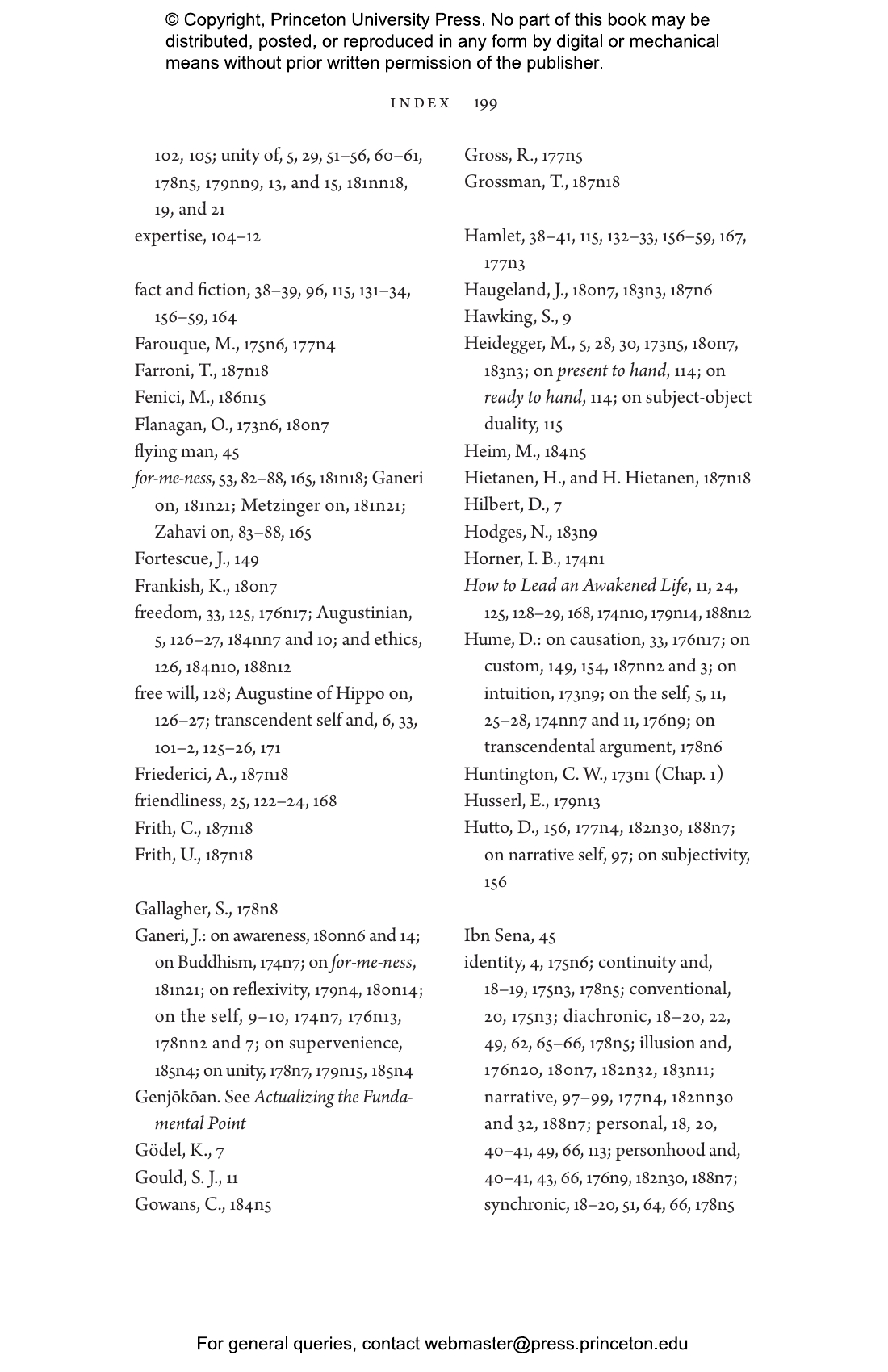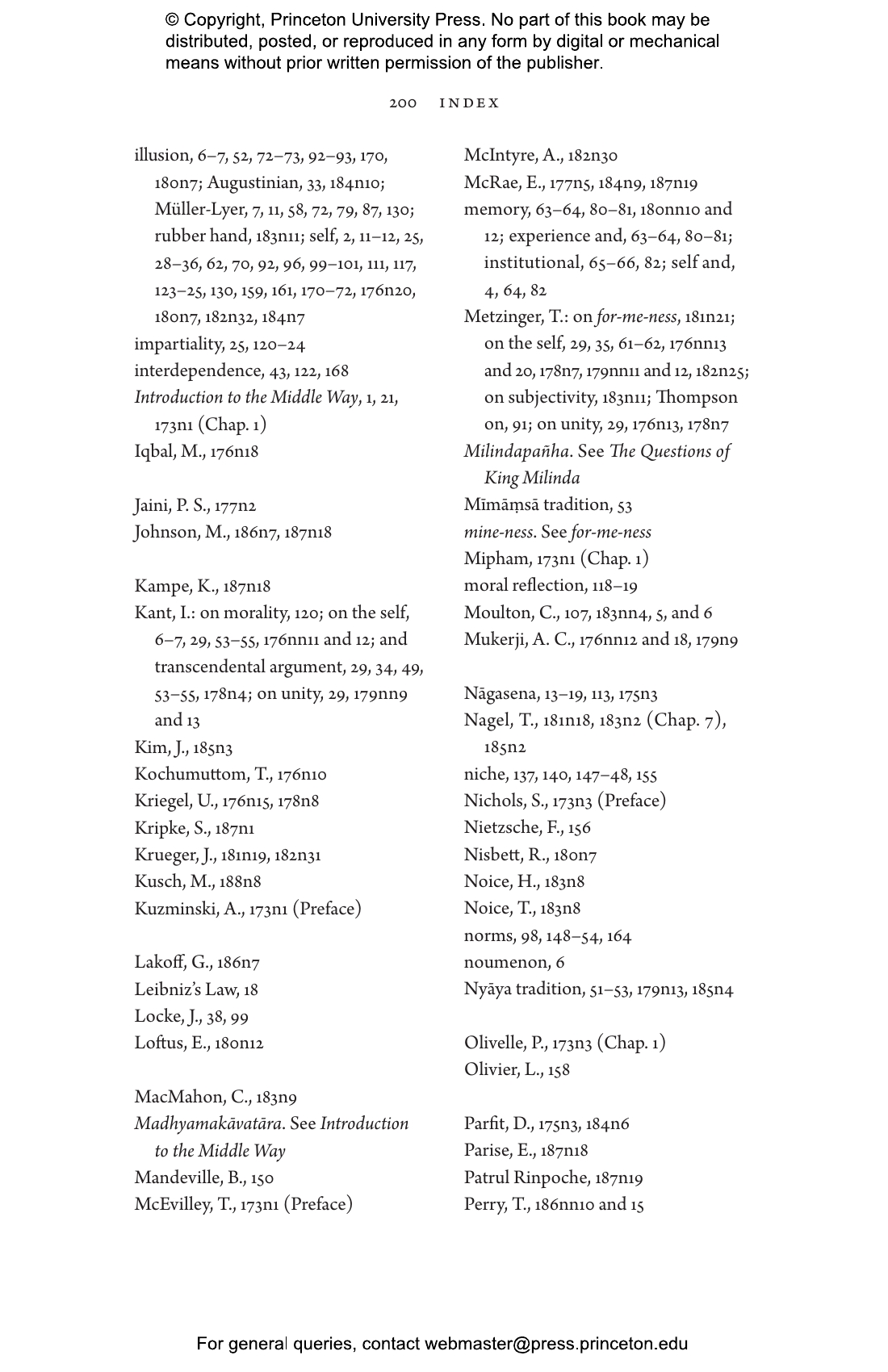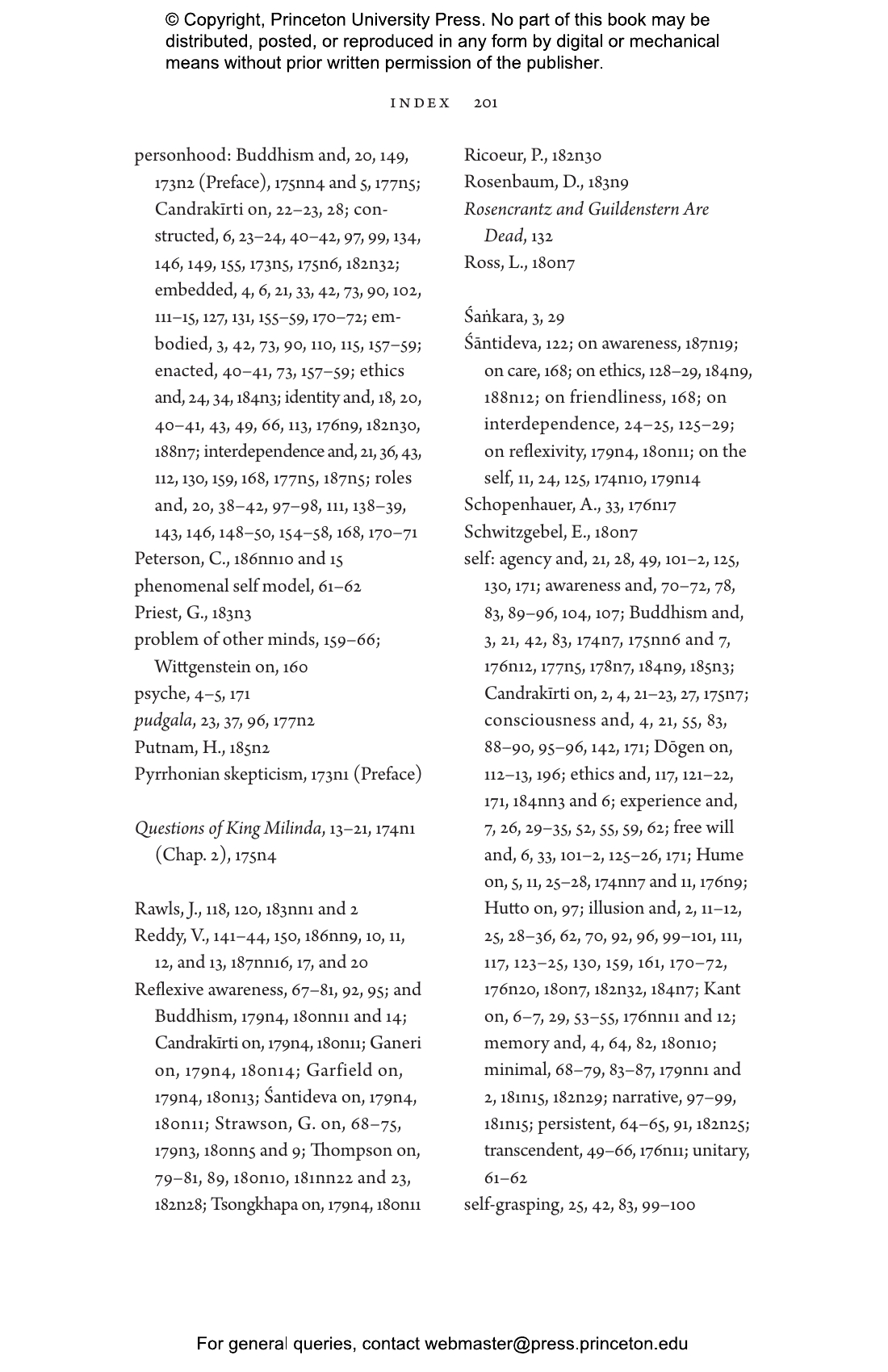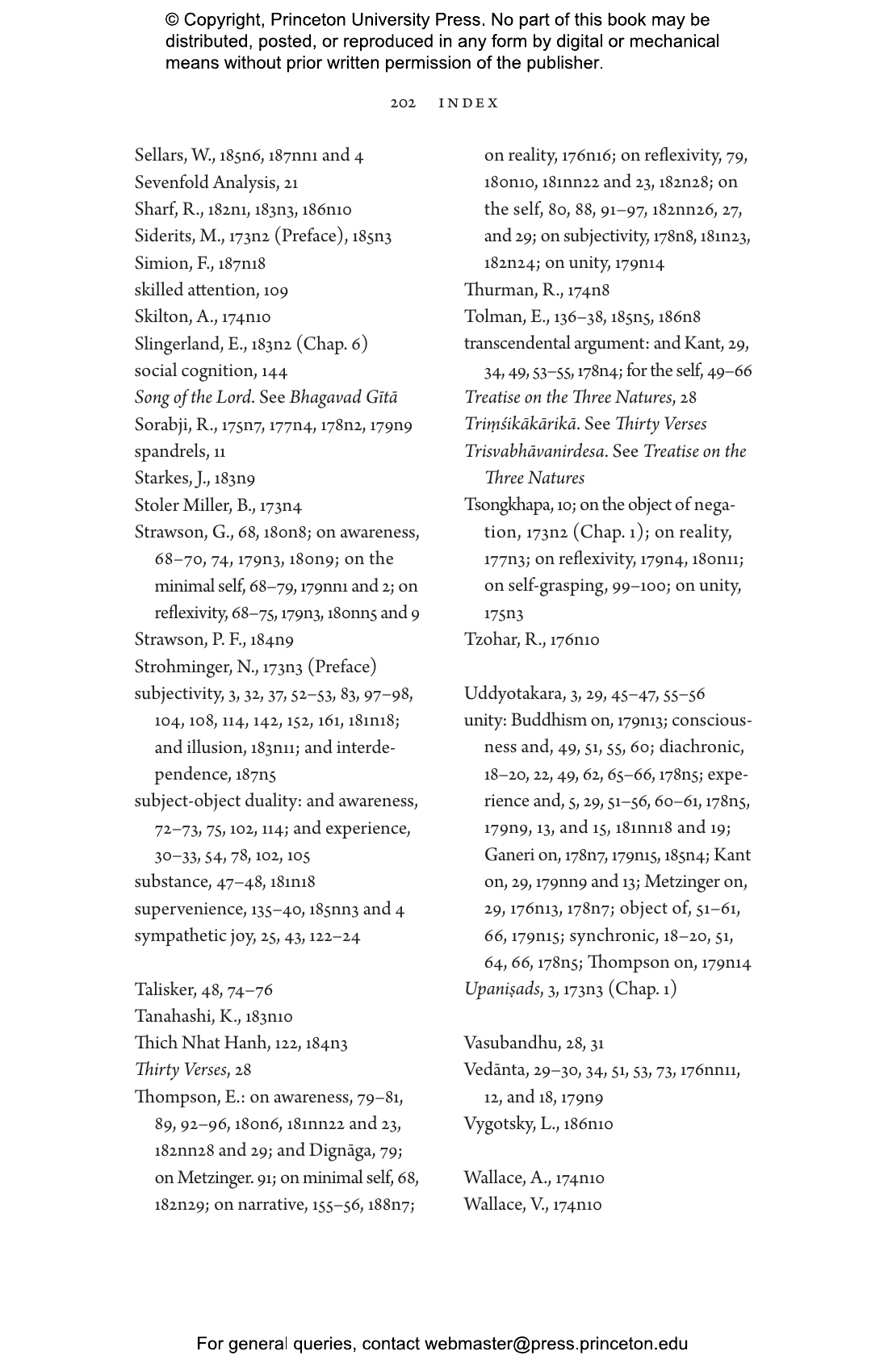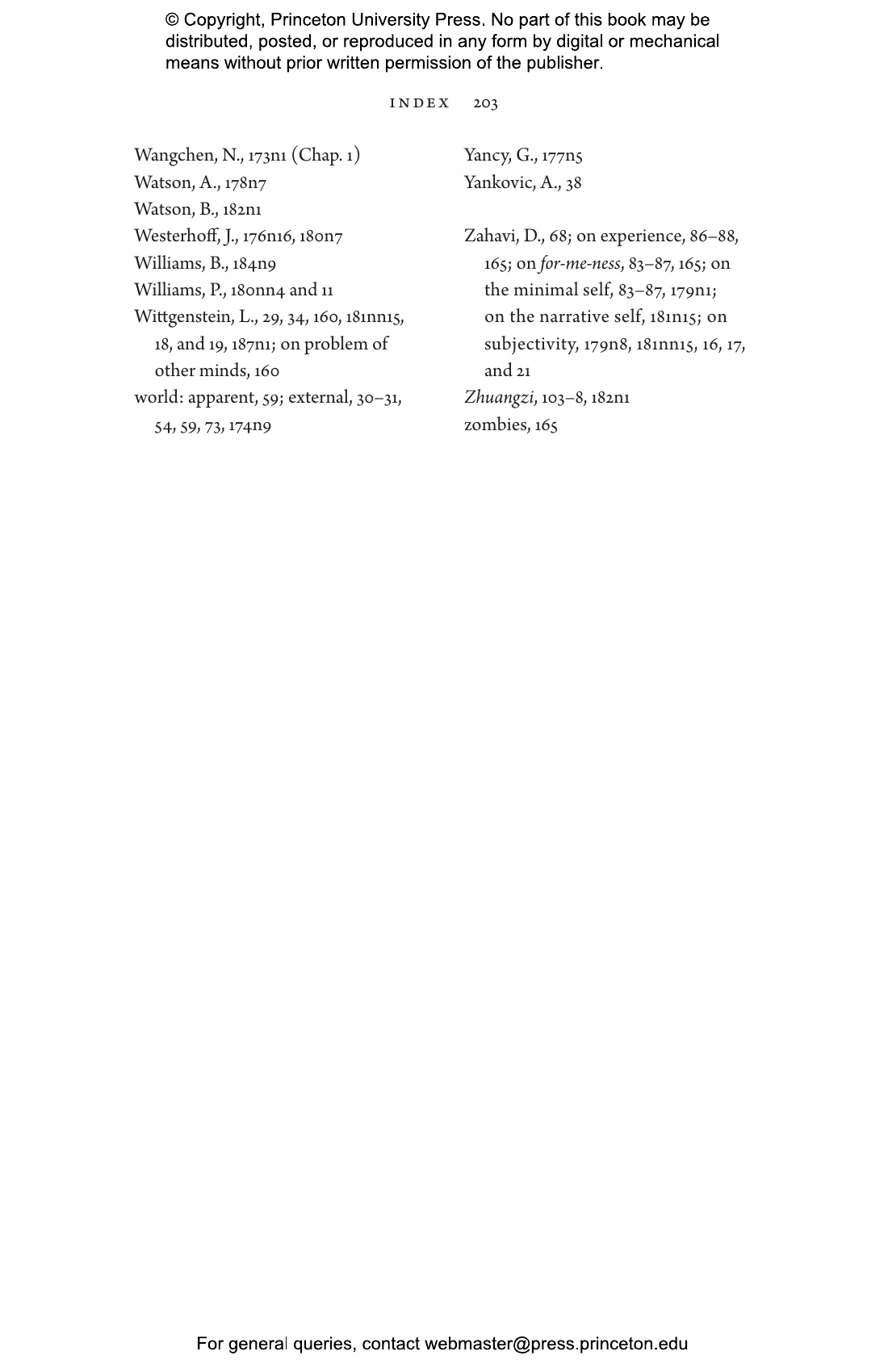In Losing Ourselves, Jay Garfield, a leading expert on Buddhist philosophy, offers a brief and radically clear account of an idea that at first might seem frightening but that promises to liberate us and improve our lives, our relationships, and the world. Drawing on Indian and East Asian Buddhism, Daoism, Western philosophy, and cognitive neuroscience, Garfield shows why it is perfectly natural to think you have a self—and why it actually makes no sense at all and is even dangerous. Most importantly, he explains why shedding the illusion that you have a self can make you a better person.
Examining a wide range of arguments for and against the existence of the self, Losing Ourselves makes the case that there are not only good philosophical and scientific reasons to deny the reality of the self, but that we can lead healthier social and moral lives if we understand that we are selfless persons. The book describes why the Buddhist idea of no-self is so powerful and why it has immense practical benefits, helping us to abandon egoism, act more morally and ethically, be more spontaneous, perform more expertly, and navigate ordinary life more skillfully. Getting over the self-illusion also means escaping the isolation of self-identity and becoming a person who participates with others in the shared enterprise of life.
The result is a transformative book about why we have nothing to lose—and everything to gain—by losing our selves.
Jay L. Garfield is the Doris Silbert Professor in the Humanities and Professor of Philosophy, Logic, and Buddhist Studies at Smith College and a visiting professor of Buddhist philosophy at Harvard Divinity School. His many books include Engaging Buddhism.
"Popular books on the illusion of self tend to be crass and sensationalist, the academic ones dull and turgid. Jay L. Garfield has successfully followed the less trodden middle way. As a result, the promise of losing yourself in a book has never been more literal."—Julian Baggini, Times Literary Supplement
"Passionate, logical, and thought-provoking."—David Greder, Reading Religion
"Incisive. . . .This book makes a valuable contribution."—David Lorimer, Paradigm Explorer
"This concise volume facilitates an intriguing philosophical dialogue, presenting to its readers an opportunity (as well as a manual of responsibility) to find humans’ right position as a part of the world and not against it."—Huỳnh Cao Nhựt Quang, Religious Studies Review
“Wise, useful, and surprising, this is a remarkable and brave exploration of selflessness and personhood by the brilliant Buddhist scholar and philosopher Jay Garfield. It is a book for our time, when the author opens for the reader the ethical implications of selflessness, and, to quote him, ‘what it means for our understanding of our place in the world.’ A wonderful book.”—Roshi Joan Halifax, Zen Buddhist teacher and author of Being with Dying
“Losing Ourselves exemplifies cross-cultural philosophy at its very finest, bringing seminal insights from both Western and Asian thinkers to bear on a single vexed but pressing issue—the nature of the self. In spite of the complexities of the topic and the source texts he adduces, Garfield’s writing is unfailingly accessible and lively. And equally important, Losing Ourselves is a testament to the rewards gained by, and indeed the urgent need for, the pursuit of philosophy in a more cosmopolitan mode.”—Robert Sharf, chair of the Center for Buddhist Studies, University of California, Berkeley
“Jay Garfield stages a skillful and imaginative discussion around Buddhist notions of how the self appears and whether it actually exists, bringing together a wide-ranging cast of thinkers from different periods, cultures, and disciplines. This debate is not carried out in the abstract for amusement—the thrust and parry culminate in important conclusions about how viewing ourselves as interdependent persons rather than independent selves is not only more realistic, but crucial for leading an ethical and meaningful life.”—Bhiksuni Thubten Chodron, Buddhist teacher and author of Open Heart, Clear Mind
